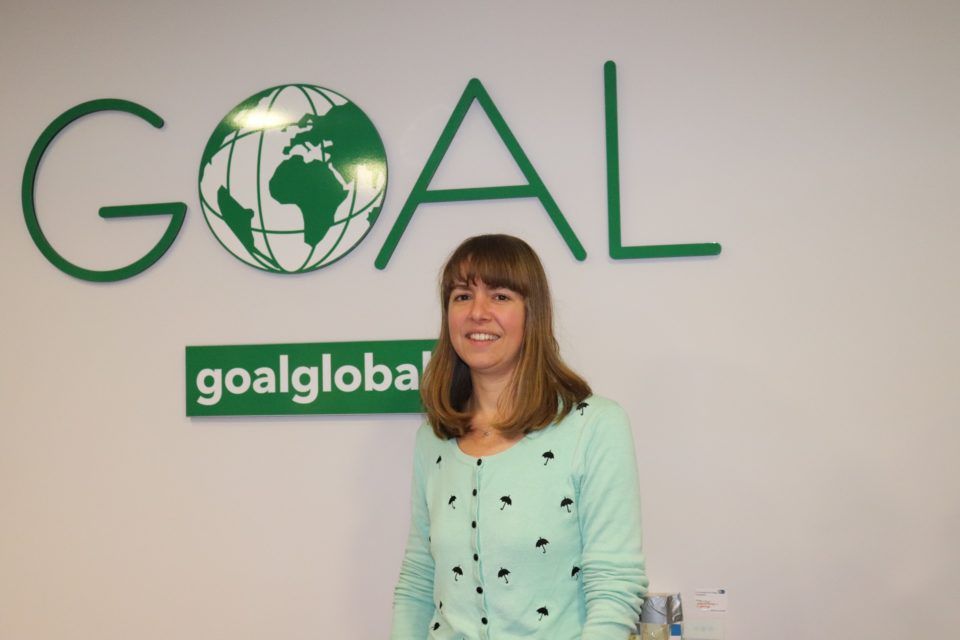 Blogs
Blogs
November 8, 2019 • 3 min read

By Wine Tesseur
The UN’s Sustainable Development Goals (SDGs) aim to leave no one behind and encourage NGOs to work in partnership with local communities. Because 7,111 languages are spoken around the world, this implies that communicating in a multiplicity of languages is critical to achieving this aim. Yet the SDGs do not mention the role of languages.
So how exactly do international NGOs manage to communicate successfully with the local communities they work with all around the world?
The problems of translation and interpreting in humanitarian and development settings have gradually started to attract the attention of academics and international organisations. On Monday 11th November, I spoke about the research I am currently conducting in collaboration with GOAL during ane event on multilingual communication in crisis and emergency contexts held at the European Commission in Madrid.
In my work with GOAL, conducted as part of my two-year ‘Translation as empowerment’ postdoctoral research project, I explore the role of translation as a tool that can provide access to information and that can enable local communities to have their voices heard. The project is a follow-up of my previous research with colleagues at the University of Reading and Portsmouth and INTRAC, in which we found evidence of the many linguistic and cultural challenges NGO workers come across in their work. We found that funding for translation and interpreting in international NGOs is limited, and that language and translation needs are not usually part of planning, monitoring and evaluation. NGO workers shared stories with us that illustrated the problems this could cause when attempting to work with local communities: people were not consulted during planning stages of projects because of language differences, final reports were targeted at donors and not translated into local languages, or: when translation was provided, the purposes of the project were often not understood by local communities because some of the concepts central to the project could not be easily translated into the local language and culture.
This previous research provided much evidence on the language challenges that NGOs encounter. In my new project, I try to focus on a positive way forward: how can we use translation more effectively to ensure that local communities and partner organisations receive the information they need and have the opportunity to express their needs and opinions? How can NGOs better assess or measure the effectiveness and impact of the translations they provide? And one question that keeps intriguing me: if international NGOs work towards the realisation of human rights, then why do languages and translation rights not seem to be part of NGOs’ working agenda and internal working processes? These are some of the questions I will be working on during my two-year project. As part of my project, I will be conducting interviews with NGO workers on these topics, both in GOAL and in other organisations.
If you are interested in hearing more about the project or in participating in an interview, you can get in touch through the project website here.
Funding acknowledgement: This project has received funding from the Irish Research Council and from the European Union’s Horizon 2020 research and innovation programme under the Marie Skłodowska-Curie grant agreement No 713279.



